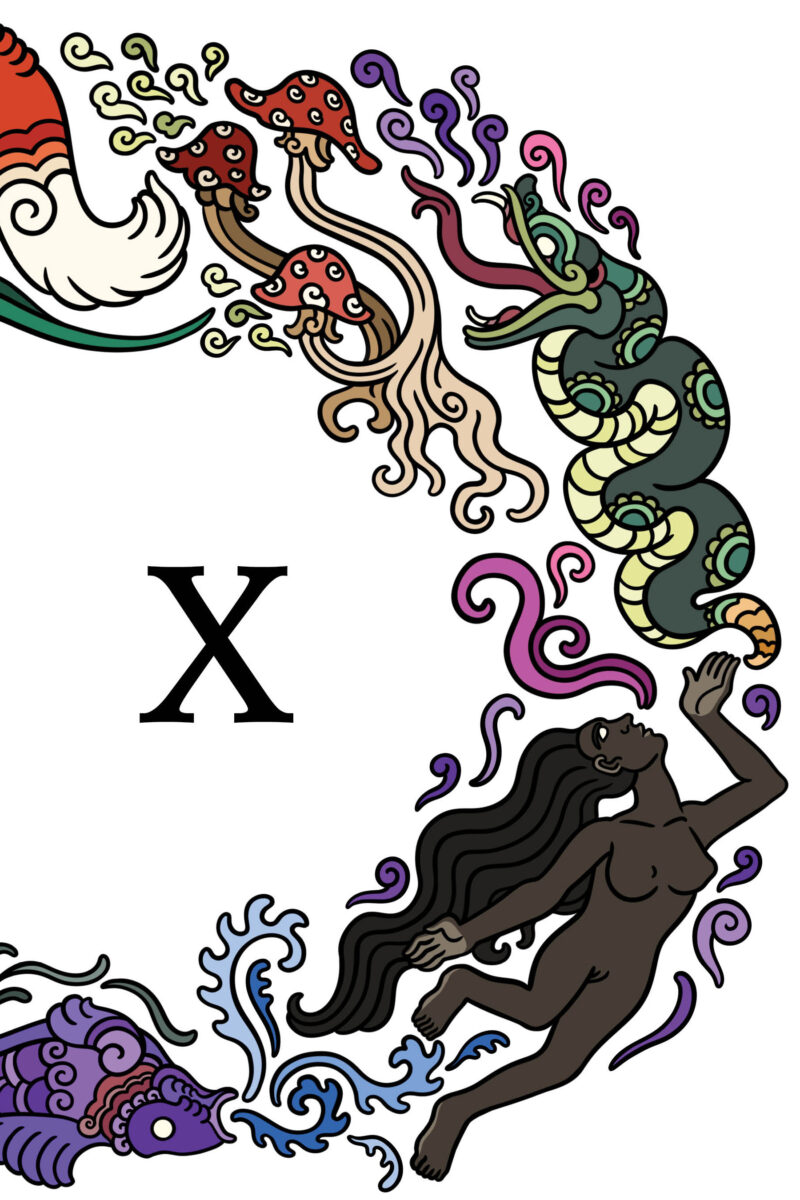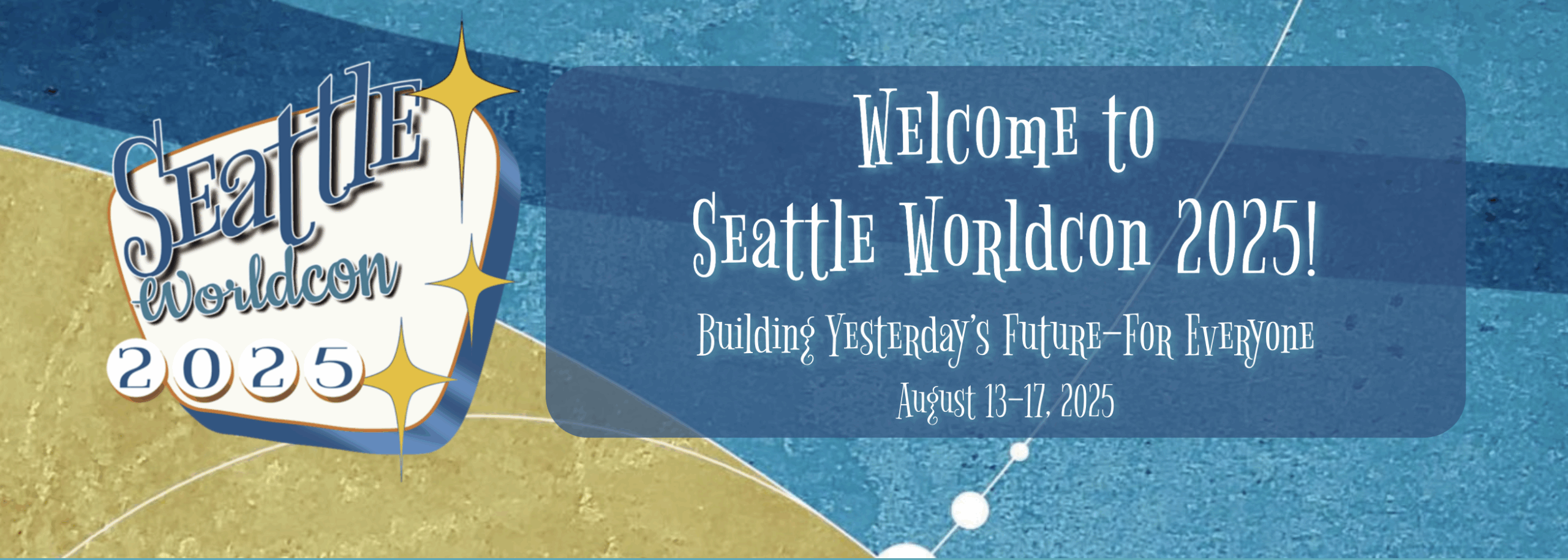I’m participating in a handful of panels at WorldCon Seattle:
Self-Publishing for Poets
Room 445-446, Thu. 10:30–11:30 a.m.
From chapbooks to zines, poetry has a rich history of self-publishing. Whether your goal is merely to get your poems into more hands or to craft an online presence as a poet, this workshop will help you learn how to market, sell, and self-publish your poetry. From blogging to Instagram to Amazon, we’ll dive into the important details of crafting a bestselling poetry collection. Learn how to format poetry, how to find the best distribution sites for poetry books, and how to market a collection from advertising to book reviews.
The Importance of Queer Horror
Room 435-436, Fri. 7:30–8:30 p.m.
In a climate increasingly hostile to queer and trans people, it’s more important than ever that we’re able to tell our stories exactly how we want to tell them. For a long time, and for lots of people, this has meant exploring sexuality and gender identity through the lens of horror, the ultimate investigation into taboos and what makes people afraid. What makes a horror story queer? Who are some of the best modern writers of queer horror? Is there anything off limits in this genre?
Solo TTRPGs as Writing Exercises
Room 420-422, Sat. 3–4 p.m.
Solo tabletop role-playing games have exploded over the last few years. Journaling games can work as writing exercises, either as inspiration for a story or as character practice by running a character through the game. Panelists will discuss what makes a good writing-focused game and give some recommendations, along with suggestions on how to find what works for you.
He, Her, Them, Xem, Hir, Vir, Tem, Fire
Room 343-344, Sat. 7:30–8:30 p.m.
We’ve all been there: What was that pronoun, and who did it refer to again? As your fictional species multiply, so do the possible genders and pronouns necessary to keep things straight. Or queer; you do you. But how do we handle genders in a way that is respectful of those who use alternative pronouns in their daily lives and do so in a way that is still clear for readers of all generations and cultural backgrounds?
If you’re there, say hi!

